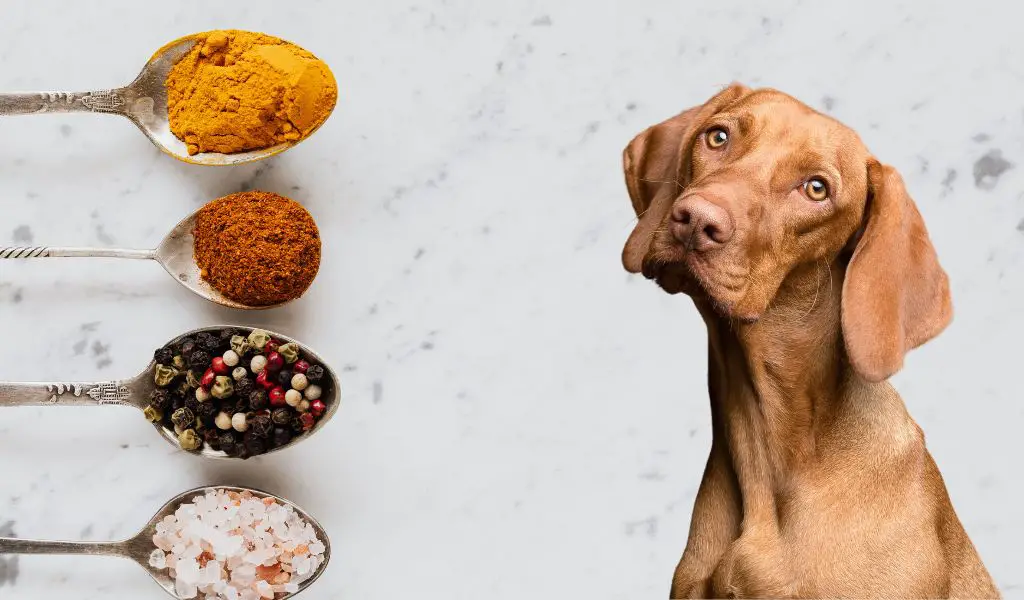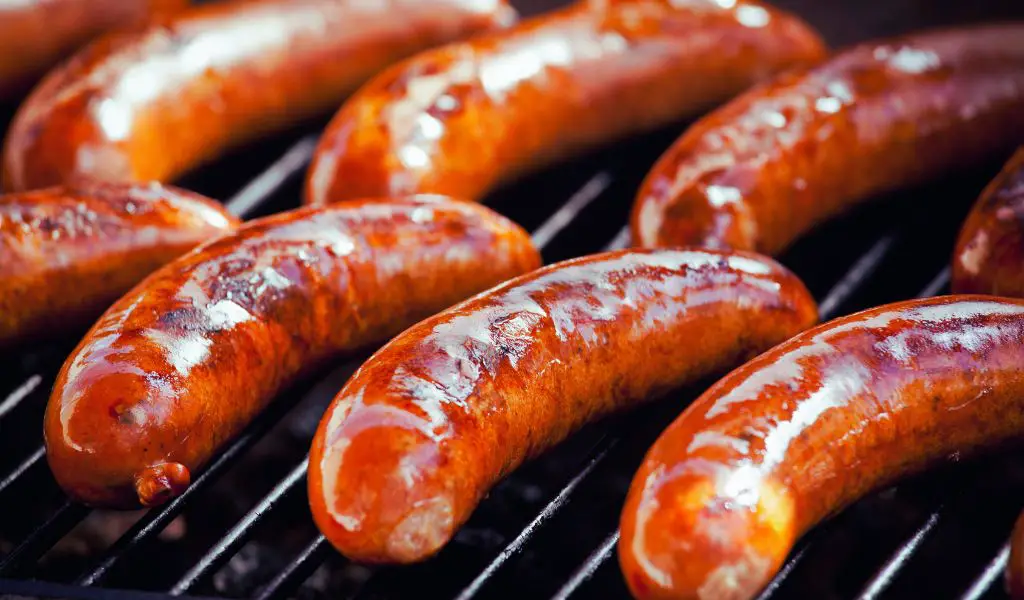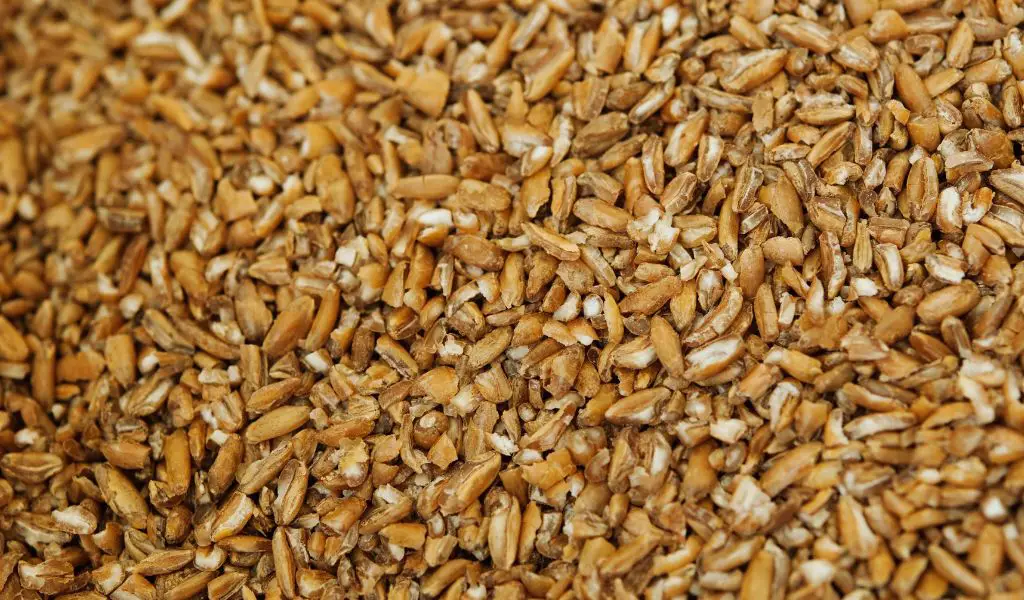Yes, dogs can eat sausages, but it’s important to exercise caution. While sausages may seem like a tasty treat to share with your furry companion, there are some factors to consider before offering them this indulgence.
Dos
- Choose lean, high-quality sausages: Opt for sausages with minimal additives, fillers, and spices. Stick to leaner varieties to reduce the risk of gastrointestinal issues.
- Cook the sausages thoroughly: Make sure the sausages are fully cooked to eliminate any harmful bacteria or parasites that could be present. Uncooked or undercooked sausages can lead to digestive upset.
- Cut the sausage into small, bite-sized pieces: This will make it easier for your dog to chew and digest the sausage safely.
Don’ts
- Avoid sausages with excessive seasoning: Spicy or heavily seasoned sausages can upset your dog’s stomach and may even be toxic to them. Keep it simple and mild.
- Stay away from sausages with high fat content: Fatty sausages can be difficult for dogs to digest and may cause pancreatitis or other digestive issues. Stick to leaner options.
- Never feed raw sausages: Raw sausages pose a risk of bacterial contamination, such as Salmonella or E. coli, which can be harmful to your dog’s health.
Can I give my dog sausages every day?
It’s not recommended to make sausages a regular part of your dog’s diet. They should be given as an occasional treat, in moderation.
What if my dog accidentally ate an uncooked sausage?
Keep an eye on your dog for any signs of discomfort or illness. If symptoms persist or worsen, consult your veterinarian immediately.
Are vegetarian sausages a safe alternative for dogs?
While vegetarian sausages may not contain animal-based ingredients, they can still be highly processed and contain additives. Consult your vet before introducing them into your dog’s diet.
Conclusion and final thoughts 💭
In conclusion, dogs can eat sausages, but it’s crucial to exercise caution and follow the do’s and don’ts mentioned above.
Remember, moderation is key, and it’s always best to consult your veterinarian for specific dietary recommendations tailored to your dog’s individual needs.
Keep your furry friend’s health and well-being a top priority, and enjoy occasional treats responsibly.




